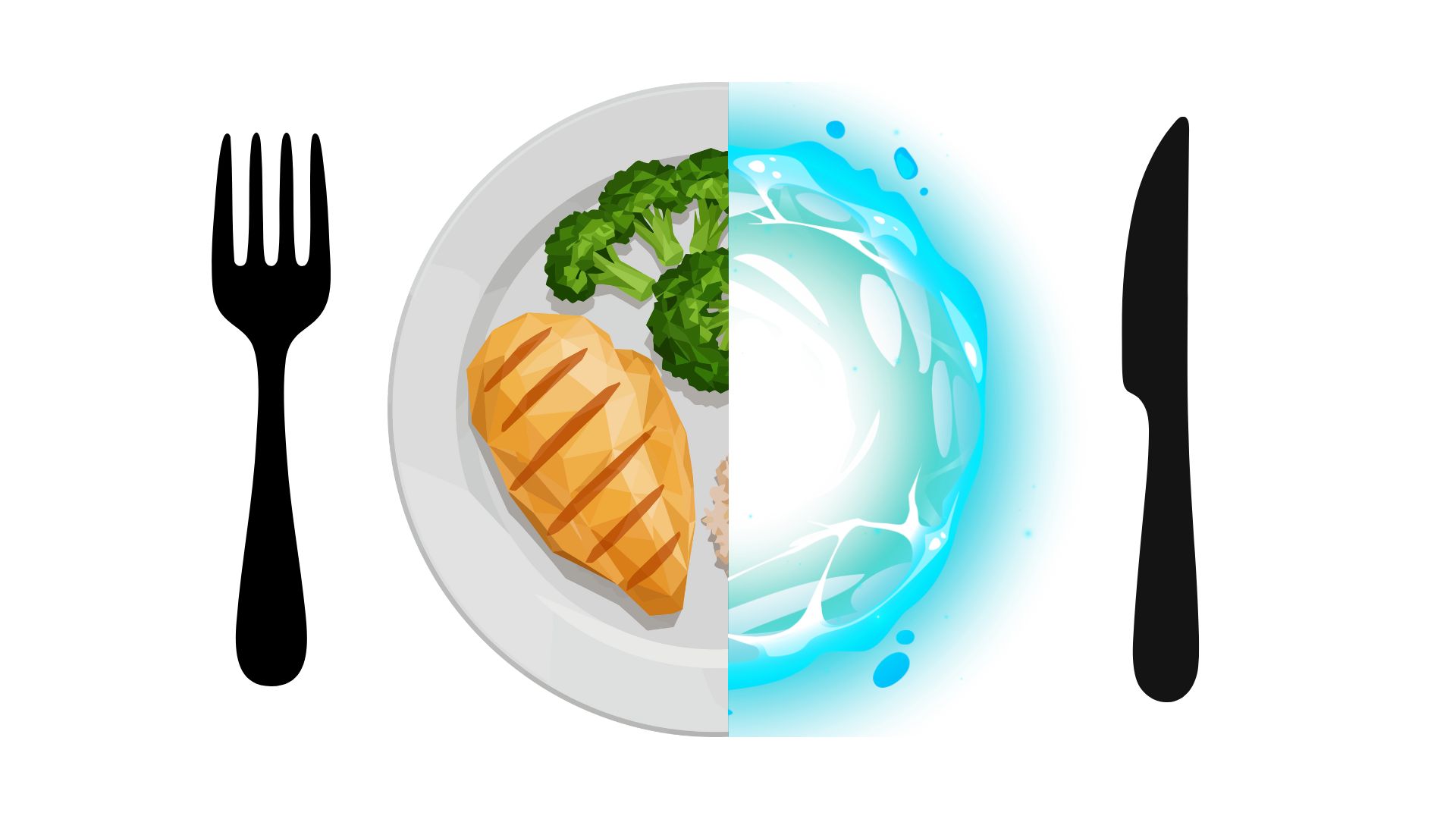Commentary
Planet vs Plastics

It’s less than a month until Earth Day on April 22nd and this year’s theme is “Planet vs Plastics.” The organizers of Earth Day at earthday.org are seeking a global reduction of plastic production by 60% by 2040, a hard goal but according to the research, a necessary one.
The danger from all the plastic in our lives is clear. Plastics at the scale and in the places we encounter them pose a significant health threat.
Micro-plastics, tiny fragments from plastic items, have been shown to be inhaled or ingested into our bodies. These particles inhibit bodily functioning in a variety of ways from lung function to intestinal processes. The chemicals used in producing plastics, including from oil drilling and gas fracking, have proven to cause cancer.
Many complex chemicals that make plastics more rigid or flexible, transparent or opaque, shaped into objects or woven into cloth are carcinogens that can modify hormone balance. Known as endocrine disruptors, these chemicals interfere with fertility and gestation, often leading to Infertility and possible long-term damage to babies. Male sexual functioning and male fertility are also vulnerable to exposure to these plastic compounds, since male sexual development from womb to adulthood relies on a fine balance of hormones.
We are further impacted by plastic severely damaging ocean ecosystems and harming fish populations. We’ve seen the terrible pictures of seabirds, turtles and whales tangled in plastic debris ranging from plastic ropes to plastic six pack collars. This threatens coastal livelihoods and more importantly, reduces food for humans.
New research has found that microplastics can accumulate inside major organs, like the brain and liver of mice. More frightening still, microplastics have been found in human lung tissue, the tissue of human hearts found after surgery, and the urinary and gastrointestinal systems of a sample of young people aged 16–35 years.
According to Kathleen Rogers, the President of EarthDay.org, “Our reliance on plastics could be the biggest gamble in the story of human health, in history. We are all ingesting and inhaling microplastics. They are everywhere. Are we just hoping they are safe, or is even the remotest possibility they might be toxic so terrifying, that we can’t contemplate it?”
So, what can one person do about this? Start by paying attention to the packaging of what you buy. Purchase items in cardboard boxes instead of plastic bags. Remember to bring your own reusable grocery shopping bag so you don’t need plastic bags at check out. When you buy produce, put the apples or tomatoes loose in the upper level of the grocery cart so you don’t have to use those plastic roll-down bags. And help spread the word to reduce plastic use. Post your ideas about how to minimize plastics on social media. Urge your friends and followers to reduce plastics use on Facebook, TikTok and Instagram.
Band together. What can four or five neighbors do to reduce plastics in our lives? Why not have your book club, bridge group or work colleagues decide to write to officials to stop buying single use plastic bottles for public buildings. Or write to state law makers supporting laws meant to reduce plastic use. If you exercise to maintain your health, talk about the importance of plastic reduction at your pickle ball court or Pilates class, because this is a health issue.
What can businesspeople do to reduce plastics? Start by recognizing that your customers will feel better about your brand if they see you making an effort. Whether you run a small downtown retail store or you are a midlevel manager in a larger firm, challenge yourself and your team to find ways to reduce plastics. Reduce them in the packaging of the supplies you use and in the types of products you sell.
Let’s each resolve to do something to reduce plastic use and amplify our efforts by working together for the health of our planet.
Our Youth Corps team members ask you to join us and keep up with this very significant challenge and help us reduce plastics in any form. If you’d like to share ideas, drop us a note at aces-alliance@gmail.com and we’ll see if we can help you get involved with one of our alliance programs. And sign up for our newsletter to stay in the know about our local environment and opportunities to care and help at https://www.aces-alliance.org.
.svg)

.jpg)
.jpg)
